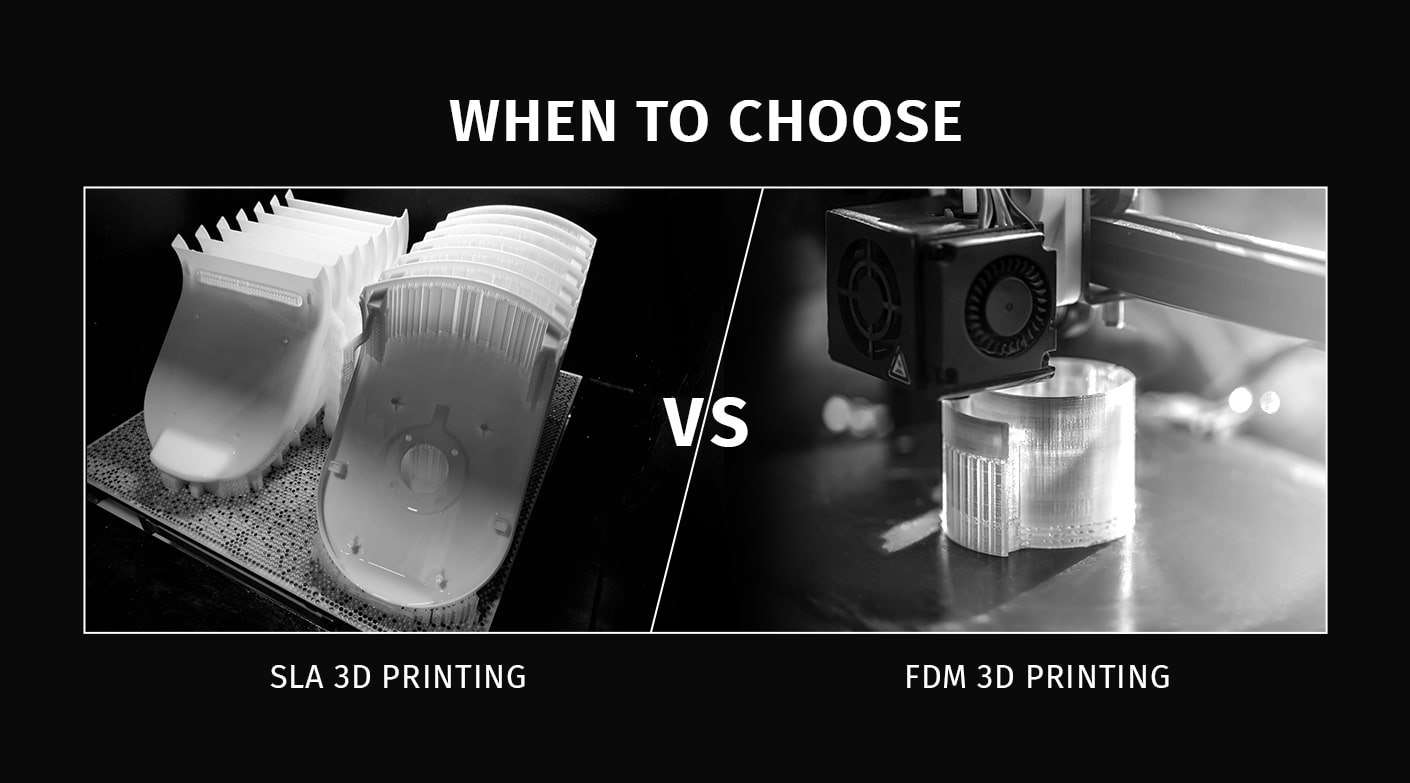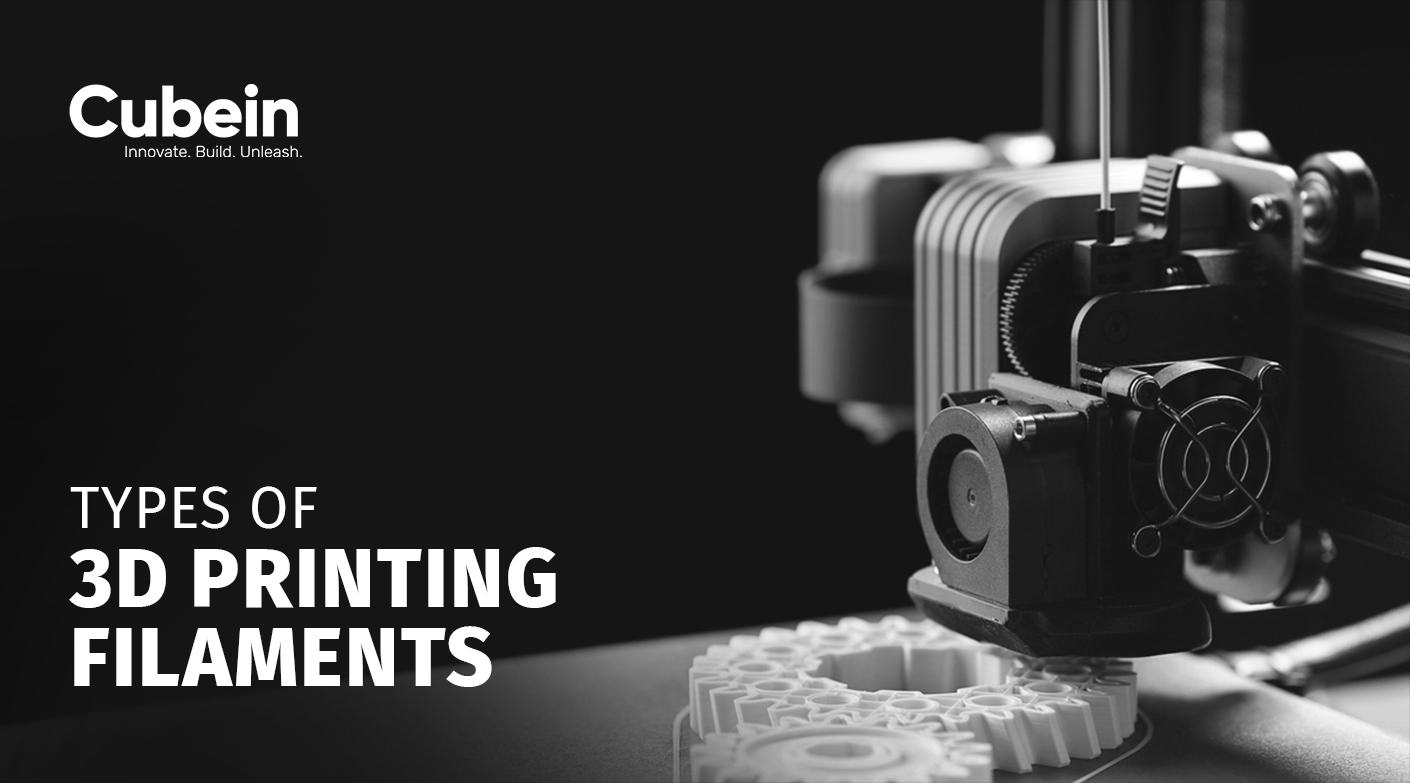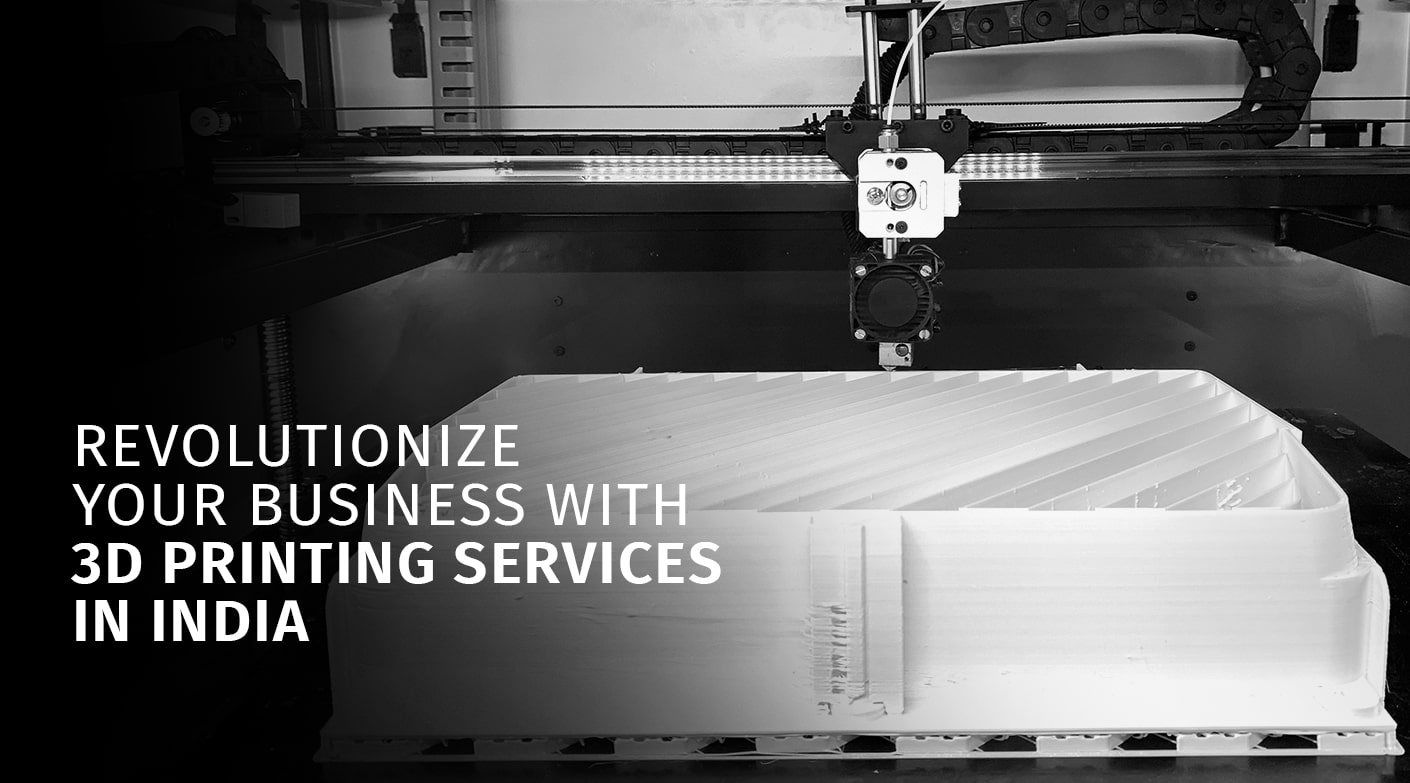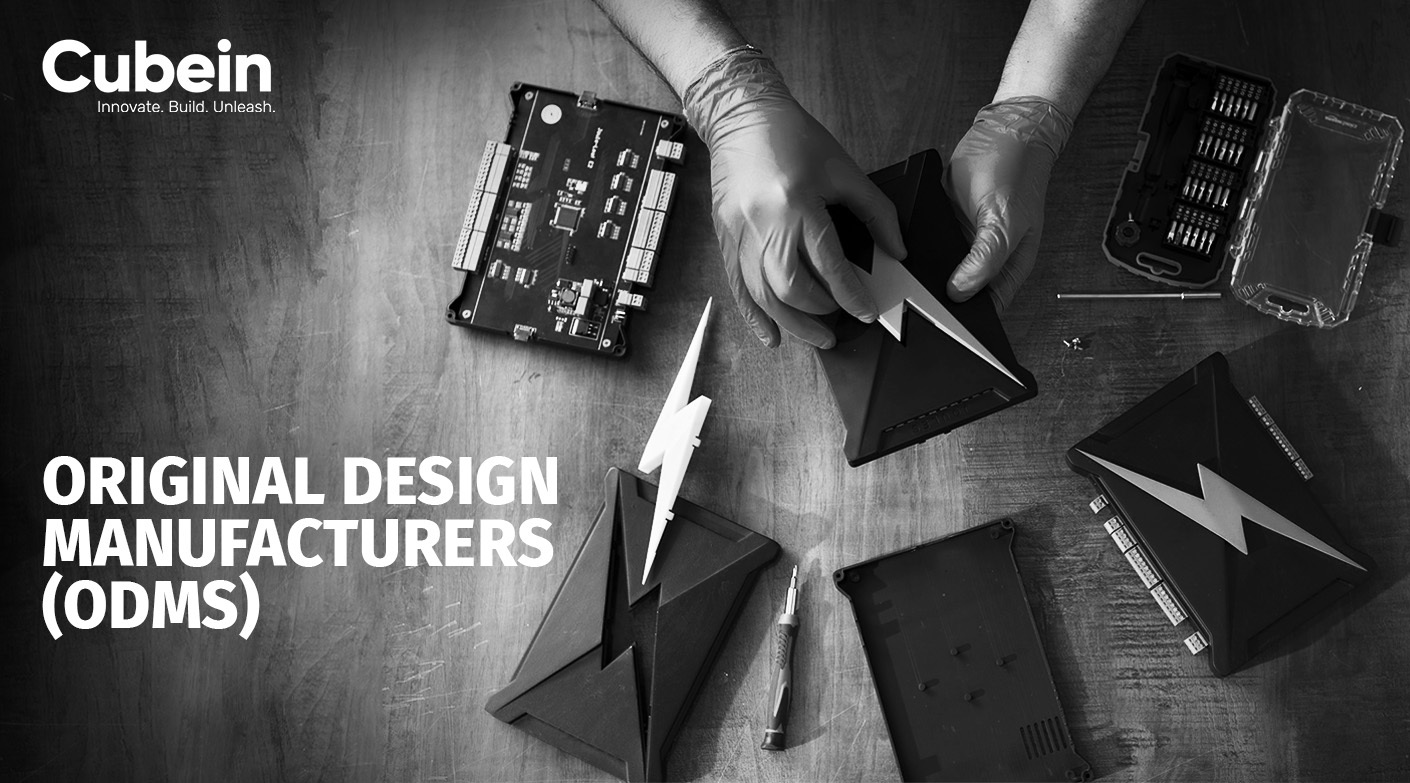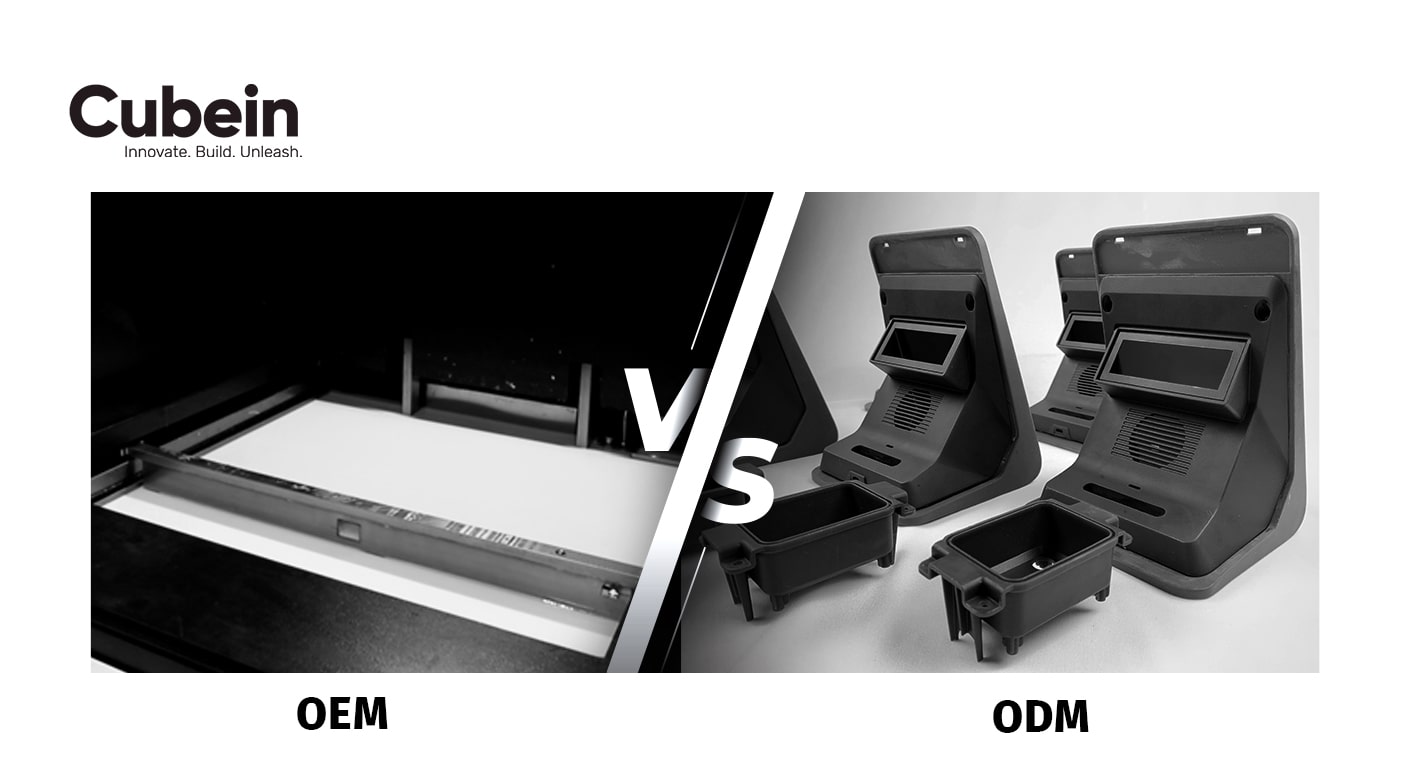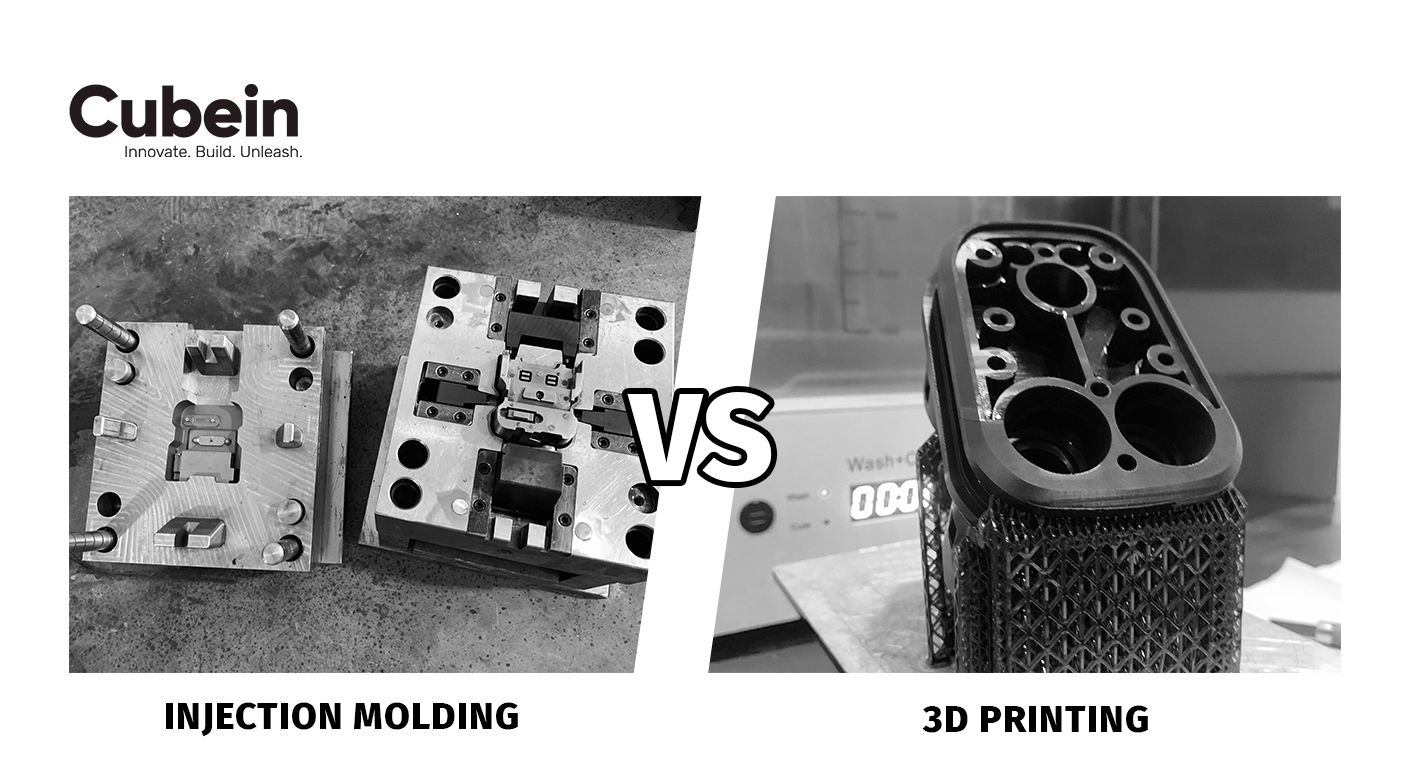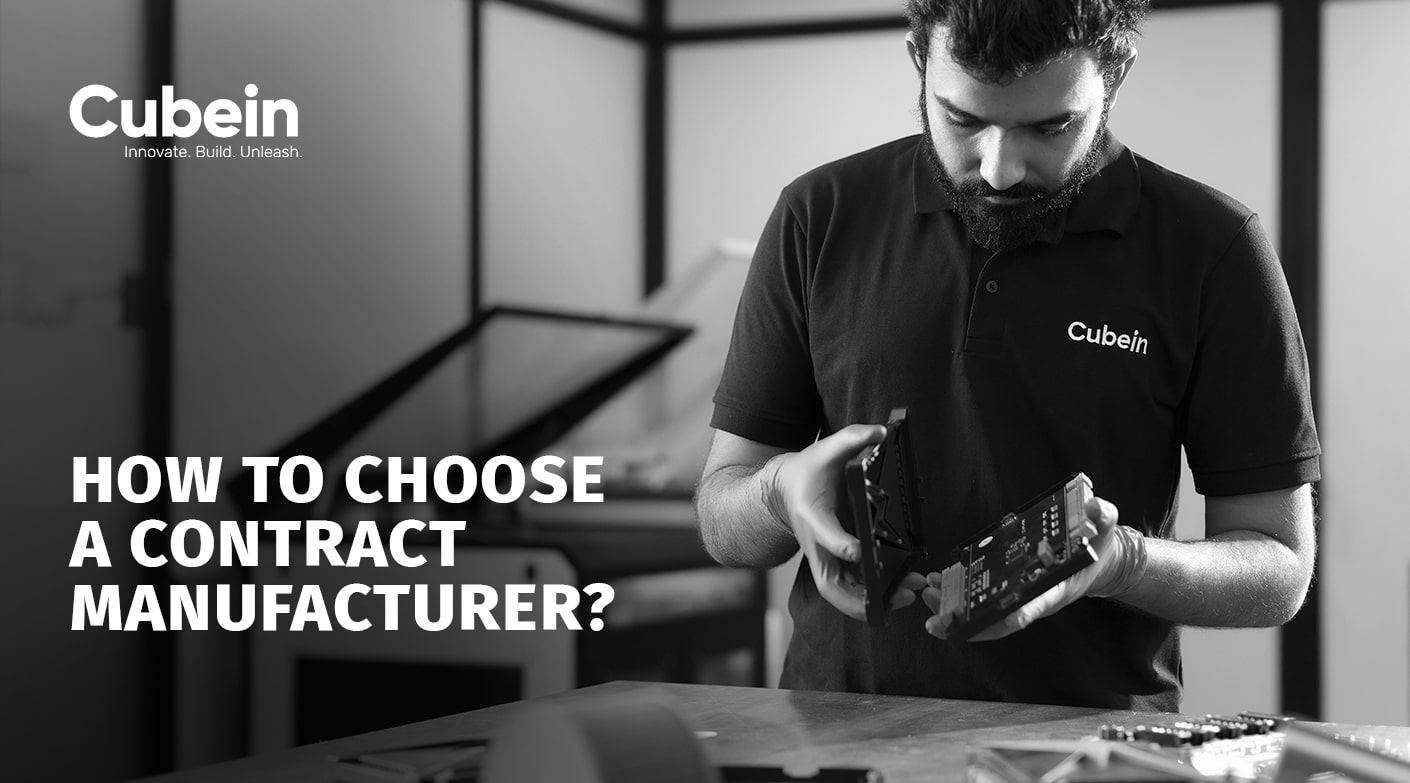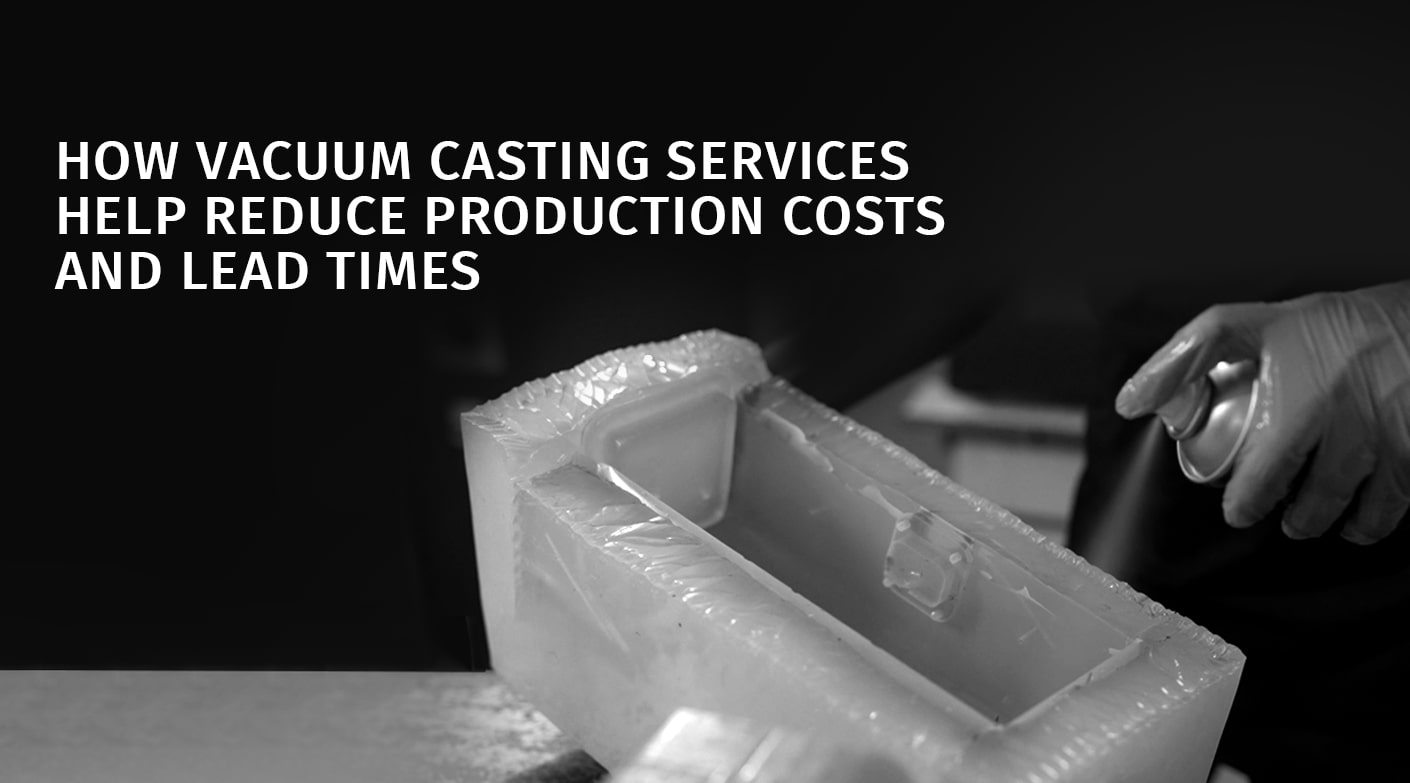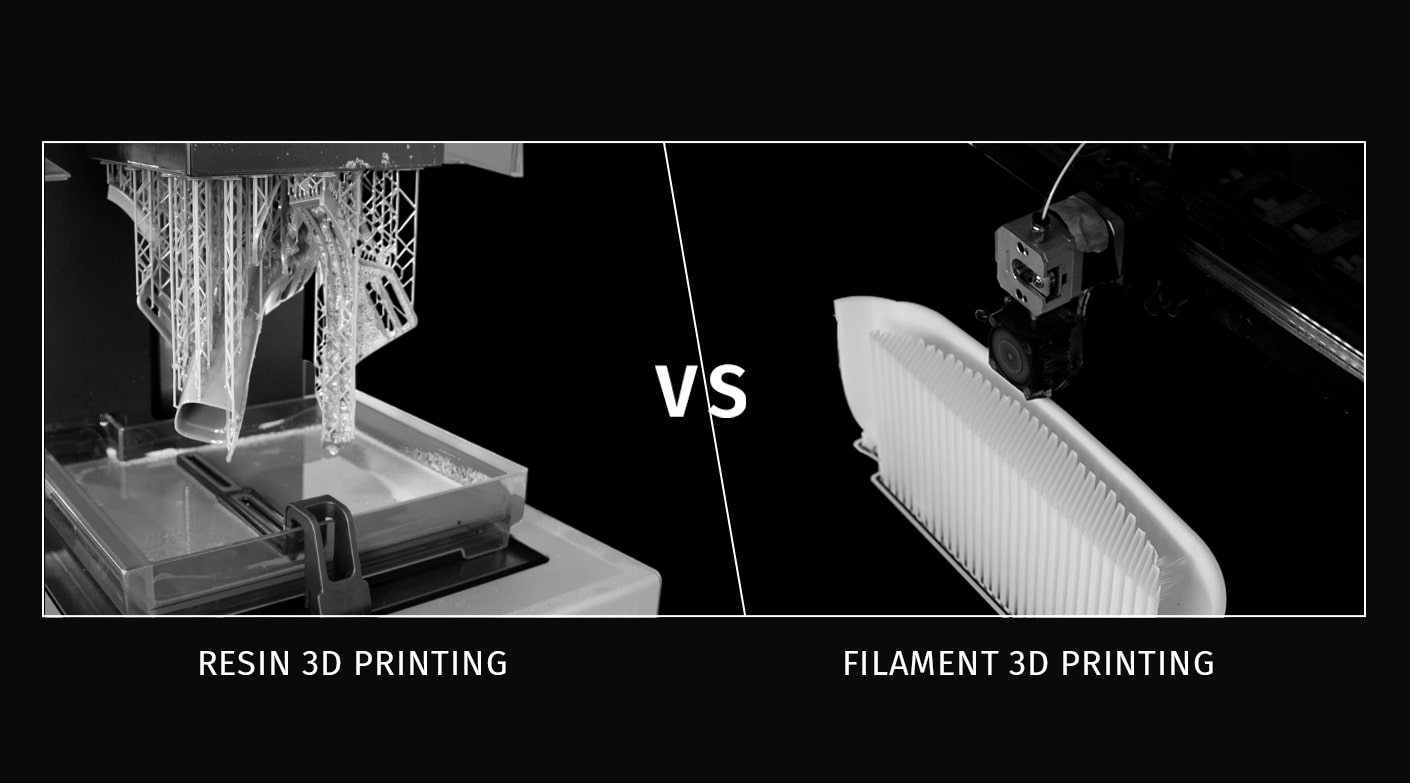Common Mistakes to Avoid When Selecting a Contract Manufacturer
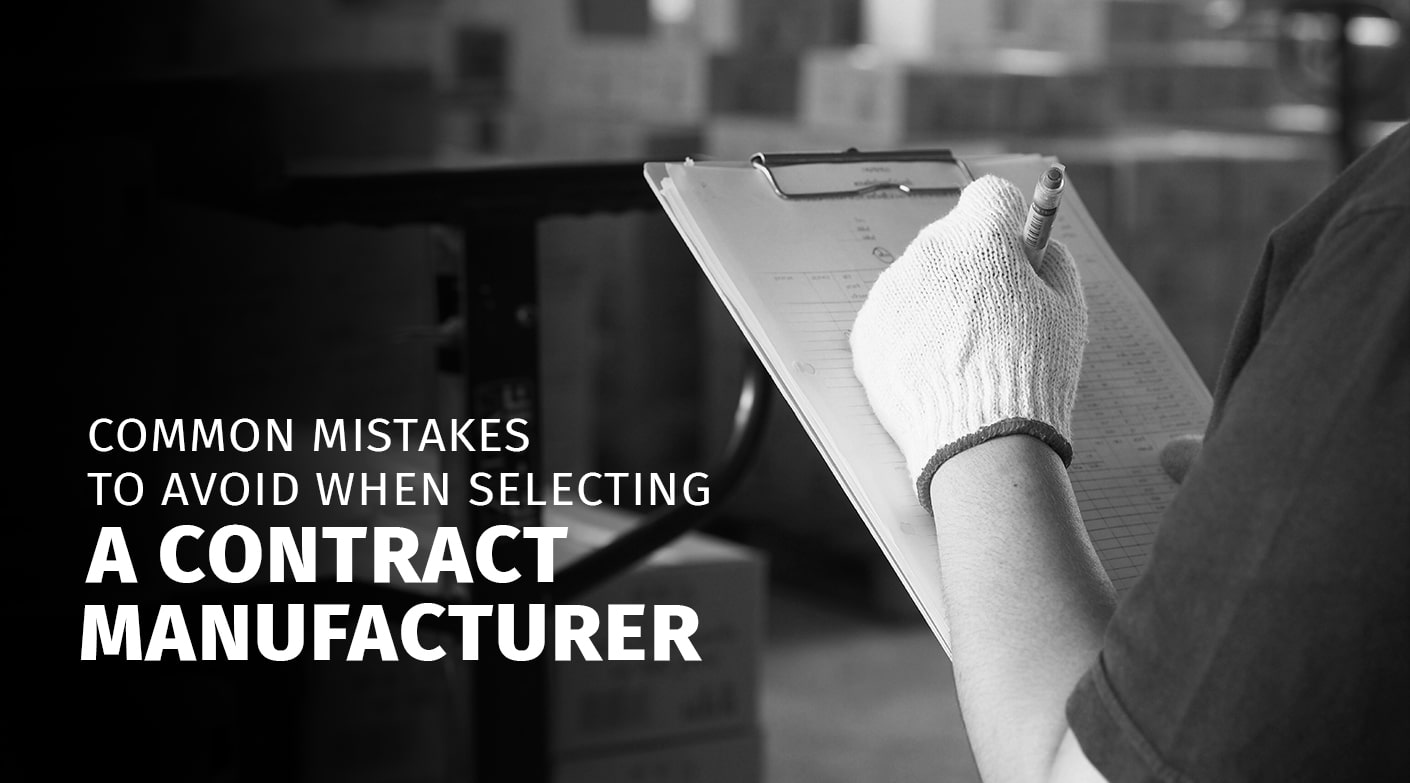
Today’s customers seek uniqueness and want to own unique products that make heads turn. With this comes a lot of pressure on businesses, OEMs, ODMs, and product companies to bring out products with custom designs, special features, and a distinct identity. However, maintaining the scale of manufacturing and developing in-house resources for each innovation is both expensive and impractical.
This is where professional contract manufacturers can be roped in to deliver high-quality custom products without incurring huge expenses.
Taking risks in manufacturing products without strong expertise can impact the organization in terms of late delivery, quality issues, and, often, financial losses. Third-party manufacturing is a formidable strategy that conserves a company’s resources and boosts profitability by capitalizing on its expertise and efficiency.
In this article, we highlight key mistakes that businesses should avoid while selecting a contract manufacturer. The key pointers in this article will help you make informed decisions when engaging with a third-party manufacturing service provider.
9 Common Mistakes to Avoid When Selecting a Contract Manufacturer
The rising global smart contract market size has a value of USD 1.71 billion in 2023 and a projected size of USD 12.55 billion by 2032, with a CAGR of 24.7%, which is indicative of this rising inclination of businesses towards contract manufacturing. Even though you might be tempted to go with your first choice, it is important to research before settling into a contract with the contract manufacturer.
#1 Falling For the Lower Price Trap
Services offered at a lower cost may tempt you and seem enticing, but making a decision based on cost has proven to be a big mistake for businesses dealing with electronic components in terms of quality assurance. Things can soon spiral down and damage the organization’s reputation and credibility.
How to avoid this mistake: Comparing quotes from multiple manufacturers, and checking the overall value they provide and not just the price is a key component of effective decision-making. Understand the hidden cost, be it related to logistics, customs, or rework expenses. In addition to these, inputs regarding lead time should be collected.
Lead time is usually shorter for standardized products with established production processes and inventory management. Supplier availability, production processes, and inventory levels should be consulted before considering cost-related aspects.
#2 Giving Preference to Quick Delivery over Quality
Manufacturing customized, high-quality products need time, and being specific about your production timeline expectations is a good way to set expectations, and avoid falling into the trap of quick delivery as it could mean quality-compromised products. Additionally, the contract manufacturer’s location can significantly impact lead time, hence a good assessment of availability, bandwidth, and time zone differences, is necessary.
How to avoid this mistake: Consider manufacturers closer to your warehouse and dealers. Working with an established contract manufacturer like Cubein can help reduce the time to market while being spot-on with quality.
#3 Failing to Check the Experience
Many companies fail to assess whether the contract manufacturer is experienced with regard to technical expertise, production targets, delivery timelines, and quality benchmarks. Blindly trusting marketing claims and recommendations without proper vetting can lead to unforeseen issues.
How to avoid this mistake: Evaluate the contract manufacturer’s history, reputation, and track record. Check for certifications relevant to your industry. Connect to their past and current clients to assess their reputation and credibility.
#4 Falling Short on Checking Quality
A lack of assurance in the contract manufacturer’s quality assurance processes can result in substandard products and damage to brand reputation. Compromising quality for speed delivery is not a promising aspect for the company. High-quality products might take a longer time and cost a little more to manufacture. Skipping this step often leads to expensive recalls or damage to the organization’s reputation.
How to avoid this mistake: Verify that the CM follows robust quality control measures. Review their testing protocols, certifications, and compliance with industry standards. Visit their facility and observe their QA processes.
Apart from the primary aspects, here are a few more mistakes that require brainstorming before outsourcing manufacturing services.
#5 Relying Solely on a Single Manufacturer
Do you have enough financial capability to make a purchase when the contract manufacturer goes for a price hike?
How to avoid this mistake: Sort out a plan to deal with such vulnerabilities. Diversify your supply chain. Identify alternate suppliers and maintain relationships. Engage with multiple CMs capable of meeting your production needs.
#6 Overlooking Capabilities and Capacities
Vetting the CM can be difficult at times, particularly when outsourcing to foreign nations. Failure to know the capabilities and production capacity can lead to delays in delivery and quality standards.
How to avoid this mistake: Visit the contract manufacturer’s plant and production center and get to know the details regarding equipment, technology, and workforce. Ask for references of similar projects they have successfully executed. Request a trial production run to test the capabilities before committing to a larger order.
#7 Failing to Protect Intellectual Property
When companies outsource to manufacturers in countries with weaker IP enforcement laws, chances are high for unauthorized use or replication of the client’s designs.
How to avoid this mistake: It is advisable to work with manufacturers whose countries have strong IP protection laws and sign a non-disclosure agreement to safeguard your trademarks, patents, and designs.
#8 Ignoring to Make a Detailed Contract
When the organization enters into a contract, sometimes they fail to include critical details that can lead to disputes and misunderstandings in the future. Some businesses fail to consider post-production assistance such as repairs, replacement, or warranty handling. Inadequate communication can result in financial loss.
Failure to ensure that the CM complies with local and international regulations can result in legal complications, recalls, and fines.
How to avoid this mistake: Seek legal advice to ensure a contract with all the relevant details covering payment terms, delivery schedules, quality expectations, and IP protection. Discuss post-production support in the contract.
Mention communication channels and point of contact to ensure that the involved participants agree in terms of language, terminology, and expectations. Clarify the objectives and ensure that the specific goals – in terms of production volume, target, delivery timelines, and quality standards, are met without failure.
#9 Not checking Compliance Adherence
Many manufacturing processes come under regulatory scrutiny. For instance, if you outsource production to third-party manufacturers, and they don’t follow the regulations that are mandatory for certain production processes, then ultimately it’s your products that will suffer.
How to avoid this mistake: Check for compliance with labor laws, environmental standards, and product safety guidelines. Also, check if the contract manufacturers has any pending litigations due to non-adherance in the past.
Wrapping Up
Contract manufacturing services or third-party manufacturing helps organizations concentrate on core functions like R&D and marketing while reducing manufacturing costs and risks. The organization can improve its ROI, and keep overhead costs low in terms of resource and labor savings.
Outsourcing manufacturing to contract manufacturers is a winning combination for start-ups, small businesses, and established players in pharmaceuticals, food, electronics, aerospace, cosmetics, etc. This enables them to have a strategy to get a foothold in the marketplace and compete with large players without huge financial losses.
Take time to conduct background research to be informed and efficient. A well-informed decision-making process along with careful planning and evaluation helps the organisation to navigate through vulnerabilities and mitigate risks. Communicate effectively and prioritize quality and compliance over cost.
Selecting the right contract manufacturer is a tedious task. A thorough research on various variables can establish a productive and mutually beneficial relationship with your contractor.
Cubein is a leading contract manufacturer providing turnkey services for each of your needs from industrial designing, and rapid prototyping, to injection tooling & full-scale production.
Connect with us today for innovative end-to-end contract manufacturing services.




